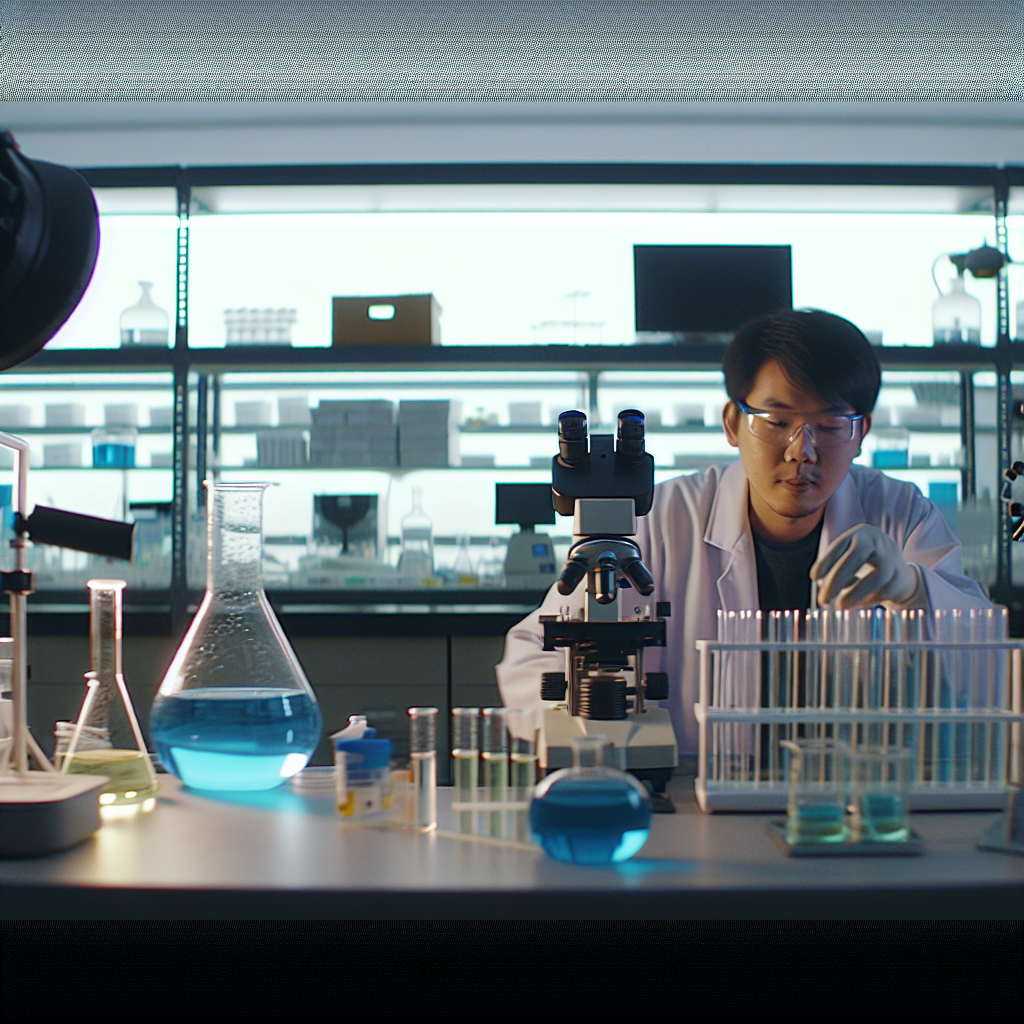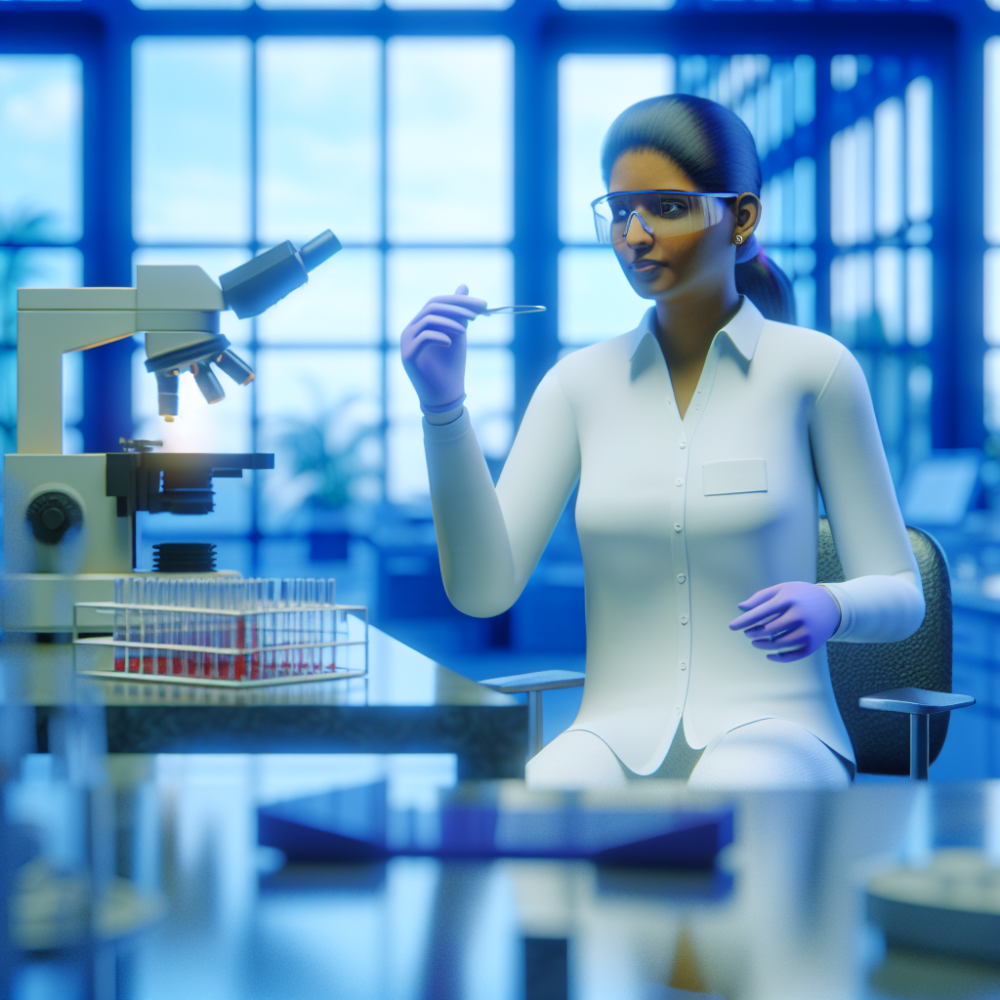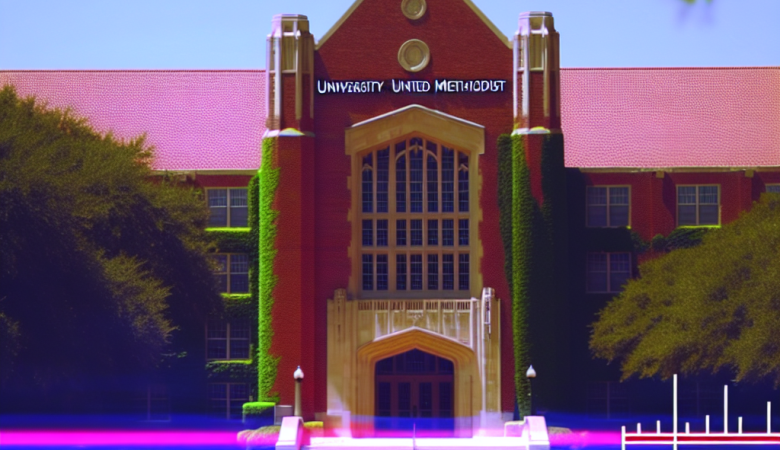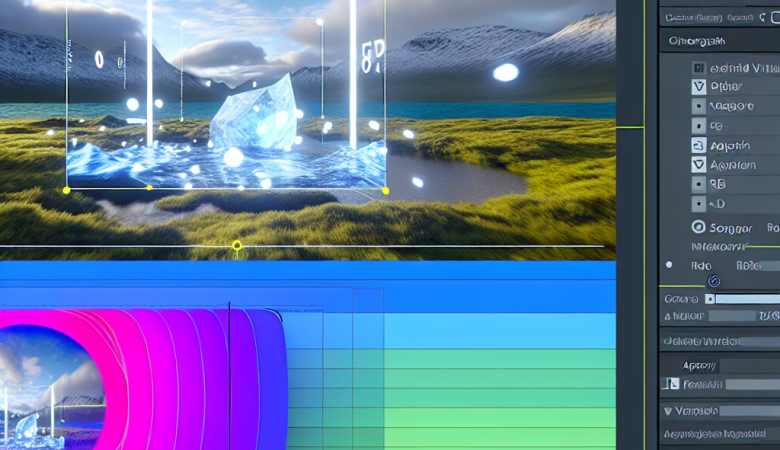Responsibilities of a Laboratory Research Assistant
A laboratory research assistant plays a crucial role in the scientific community. They are responsible for assisting scientists and researchers in conducting experiments and gathering data. This job requires a high level of attention to detail and a strong understanding of scientific principles.
One of the main responsibilities of a laboratory research assistant is to prepare and set up experiments. This involves gathering all the necessary materials and equipment, ensuring that they are in proper working order, and following specific protocols and procedures. The assistant must also ensure that the laboratory is clean and organized, as a cluttered workspace can lead to inaccurate results.
Once the experiment is set up, the research assistant is responsible for collecting and recording data. This may involve using various instruments and equipment to measure and analyze samples. Accuracy is of utmost importance in this step, as any errors or inconsistencies can compromise the validity of the results. The assistant must also keep detailed records of their findings, including any observations or unexpected outcomes.
In addition to data collection, a laboratory research assistant is often responsible for maintaining and calibrating laboratory equipment. This includes regular cleaning, troubleshooting, and ensuring that all instruments are functioning properly. The assistant may also be responsible for ordering and restocking supplies, as well as disposing of hazardous materials in accordance with safety regulations.
Another important responsibility of a laboratory research assistant is to assist in the analysis and interpretation of data. This may involve using statistical software or other tools to analyze the results and draw conclusions. The assistant may also be involved in writing reports or contributing to scientific publications based on the findings of the research.
In order to fulfill these responsibilities, a laboratory research assistant must have a strong understanding of scientific principles and methodologies. They must be familiar with laboratory safety protocols and be able to follow instructions accurately. Attention to detail is crucial, as even the smallest mistake can have significant consequences in scientific research.
Furthermore, a laboratory research assistant must possess good communication skills. They must be able to effectively communicate with the scientists and researchers they are assisting, as well as other members of the laboratory team. This includes reporting any issues or concerns, as well as sharing their findings and observations.
In conclusion, the responsibilities of a laboratory research assistant are varied and crucial to the success of scientific research. From setting up experiments to collecting and analyzing data, these individuals play a vital role in advancing scientific knowledge. Attention to detail, strong scientific knowledge, and effective communication skills are all essential for success in this role.
Skills and Qualifications for a Laboratory Research Assistant

A laboratory research assistant plays a crucial role in the scientific community. They are responsible for assisting scientists and researchers in conducting experiments and gathering data. To excel in this role, certain skills and qualifications are necessary.
First and foremost, a laboratory research assistant must have a strong educational background in a relevant field. A bachelor’s degree in biology, chemistry, or a related discipline is typically required. This educational foundation provides the necessary knowledge and understanding of scientific principles and laboratory techniques.
In addition to formal education, practical experience is highly valued in this role. Hands-on experience in a laboratory setting allows research assistants to develop the necessary skills and familiarity with equipment and procedures. This experience can be gained through internships, co-op programs, or previous employment in a laboratory setting.
Attention to detail is a critical skill for a laboratory research assistant. They must be meticulous in their work, ensuring that experiments are conducted accurately and data is recorded precisely. Any errors or inconsistencies could compromise the validity of the research, so a keen eye for detail is essential.
Strong analytical skills are also necessary for a laboratory research assistant. They must be able to analyze data and draw meaningful conclusions from it. This requires the ability to interpret complex information and identify patterns or trends. Analytical skills are particularly important when troubleshooting experiments or identifying potential sources of error.
Effective communication skills are vital for a laboratory research assistant. They must be able to clearly and concisely communicate their findings to the research team. This includes writing detailed reports and presenting data in a way that is easily understood. Additionally, research assistants often collaborate with other team members, so the ability to work well in a team environment is crucial.
Flexibility and adaptability are important qualities for a laboratory research assistant. Research projects can be unpredictable, and unexpected challenges may arise. Research assistants must be able to quickly adjust their plans and find alternative solutions when necessary. This requires a flexible mindset and the ability to think creatively.
Organizational skills are also essential for a laboratory research assistant. They must be able to manage multiple tasks and prioritize their workload effectively. This includes keeping accurate records, maintaining inventory of supplies, and ensuring that experiments are conducted in a timely manner. Good organizational skills help research assistants stay on track and meet deadlines.
Finally, a laboratory research assistant must have a strong commitment to safety. Working in a laboratory environment can be hazardous, and strict safety protocols must be followed at all times. Research assistants must be knowledgeable about safety procedures and take responsibility for their own well-being and the well-being of others in the lab.
In conclusion, a laboratory research assistant must possess a combination of skills and qualifications to excel in their role. A strong educational background, practical experience, attention to detail, analytical skills, effective communication, flexibility, organizational skills, and a commitment to safety are all essential. By possessing these qualities, a laboratory research assistant can contribute to the advancement of scientific knowledge and make a meaningful impact in the field.
Importance of Attention to Detail in Laboratory Research Assistant Role
Laboratory Research Assistant Job Description
Attention to detail is a crucial skill for anyone working as a laboratory research assistant. In this role, precision and accuracy are of utmost importance, as even the smallest oversight can have significant consequences. From conducting experiments to analyzing data, laboratory research assistants must pay close attention to every detail to ensure the validity and reliability of their findings.
One of the primary responsibilities of a laboratory research assistant is to conduct experiments. This involves following strict protocols and procedures to ensure that each step is executed correctly. Attention to detail is essential during the preparation phase, where measurements and calculations must be precise. Any slight deviation from the established parameters can lead to inaccurate results and render the entire experiment useless.
During the actual experimentation process, laboratory research assistants must carefully monitor and record data. This requires a keen eye for detail, as even the slightest variation in measurements or observations can significantly impact the outcome. By meticulously documenting every step and observation, laboratory research assistants can ensure that their findings are accurate and reproducible.
In addition to conducting experiments, laboratory research assistants are also responsible for analyzing data. This involves scrutinizing large sets of information and identifying patterns or trends. Attention to detail is crucial during this stage, as any errors or omissions can lead to incorrect conclusions. By carefully examining each data point and verifying its accuracy, laboratory research assistants can provide reliable and meaningful results.
Furthermore, attention to detail is essential when handling laboratory equipment and materials. Laboratory research assistants must ensure that all instruments are properly calibrated and maintained. They must also follow strict safety protocols to prevent accidents or contamination. By paying close attention to these details, laboratory research assistants can create a safe and controlled environment for their experiments.
Another aspect where attention to detail is crucial is in record-keeping. Laboratory research assistants must maintain accurate and organized records of their work. This includes documenting experimental procedures, data, and any modifications made during the research process. By keeping meticulous records, laboratory research assistants can easily refer back to their work and ensure the reproducibility of their findings.
Moreover, attention to detail is vital when reviewing scientific literature and staying up-to-date with the latest research. Laboratory research assistants must carefully read and analyze scientific papers to understand the current state of knowledge in their field. By paying attention to the nuances and details presented in these papers, laboratory research assistants can identify gaps in knowledge and contribute to the advancement of their field.
In conclusion, attention to detail is of utmost importance in the role of a laboratory research assistant. From conducting experiments to analyzing data and maintaining records, precision and accuracy are essential at every step. By paying close attention to every detail, laboratory research assistants can ensure the validity and reliability of their findings. This attention to detail not only contributes to the scientific community but also helps in the development of new knowledge and advancements in various fields of research.
Career Opportunities and Growth Potential as a Laboratory Research Assistant
A career as a laboratory research assistant offers numerous opportunities for growth and development. As a laboratory research assistant, you will play a crucial role in conducting experiments, collecting data, and analyzing results. This job requires a strong background in science and a keen eye for detail. However, the rewards of this career are well worth the effort.
One of the main benefits of working as a laboratory research assistant is the opportunity to contribute to scientific discoveries. By assisting in experiments and data collection, you will be directly involved in the research process. This hands-on experience allows you to see the impact of your work and make a meaningful contribution to the scientific community.
In addition to contributing to scientific discoveries, working as a laboratory research assistant also provides valuable learning opportunities. You will have the chance to work alongside experienced scientists and researchers who can mentor and guide you in your career. This exposure to experts in the field will help you develop your skills and expand your knowledge base.
Furthermore, as a laboratory research assistant, you will have access to state-of-the-art equipment and facilities. This access allows you to gain practical experience with advanced technologies and techniques. By working with cutting-edge equipment, you will develop a strong foundation in laboratory procedures and methodologies, which will be invaluable as you progress in your career.
Another advantage of working as a laboratory research assistant is the potential for career advancement. With the skills and knowledge you acquire in this role, you can pursue higher-level positions within the scientific community. Many laboratory research assistants go on to become research scientists, laboratory managers, or even professors. The opportunities for growth are vast, and your hard work and dedication will be rewarded.
Moreover, a career as a laboratory research assistant offers a competitive salary and benefits package. The demand for skilled laboratory research assistants is high, and employers are willing to compensate accordingly. This financial stability provides a solid foundation for your future and allows you to focus on your professional growth.
To maximize your career opportunities as a laboratory research assistant, it is essential to continue learning and staying updated with the latest advancements in your field. Attending conferences, workshops, and seminars will help you expand your network and stay abreast of emerging trends. Additionally, pursuing further education, such as a master’s or doctoral degree, can open doors to higher-level positions and increased responsibilities.
In conclusion, a career as a laboratory research assistant offers numerous opportunities for growth and development. From contributing to scientific discoveries to gaining valuable learning experiences, this role provides a solid foundation for a successful career in the scientific community. With access to state-of-the-art equipment and facilities, as well as the potential for career advancement and a competitive salary, the rewards of this profession are plentiful. By staying updated with the latest advancements and continuing to learn, you can maximize your career opportunities and achieve long-term success as a laboratory research assistant.





